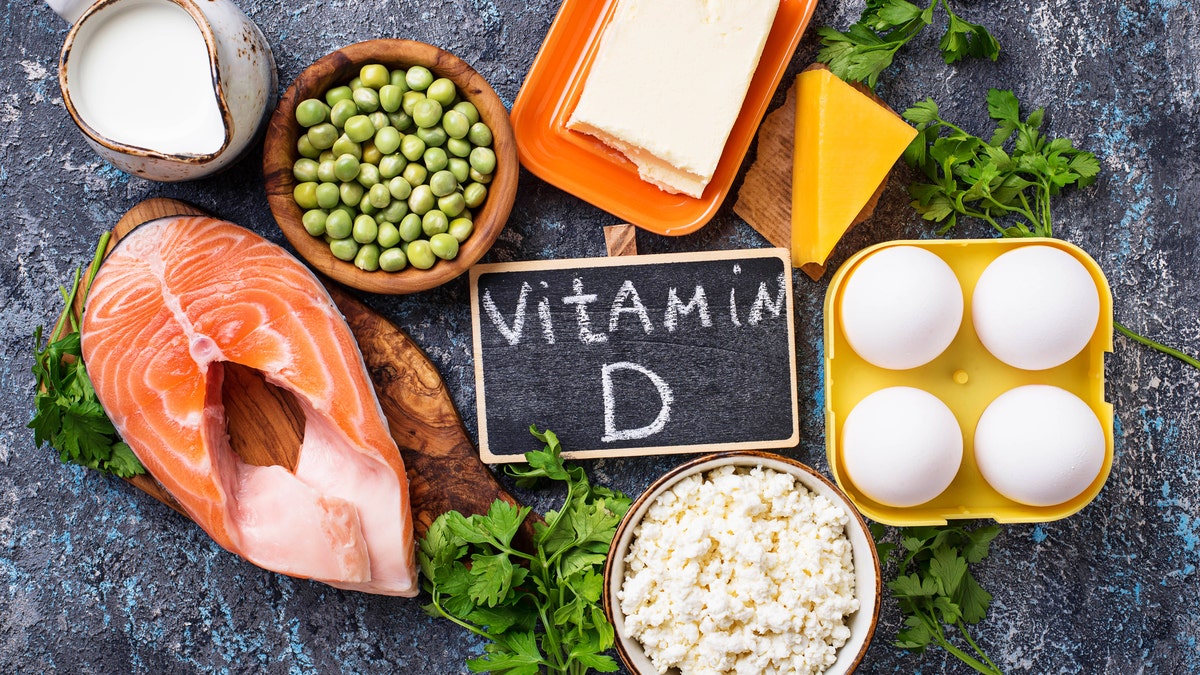Low vitamin D levels may increase risk for coronavirus, according to a retrospective study. Researchers at the University of Chicago Medicine found those who were deficient in vitamin D (< 20ng/ml) and not treated, were nearly twice as likely to test positive for COVID-19 compared to those who had sufficient levels.
“The relative risk of testing positive for COVID-19 was 1.77 times greater for patients with likely deficient vitamin D status compared with patients with likely sufficient vitamin D status, a difference that was statistically significant,” the authors stated in the recently published study in JAMA Network Open.
The study looked at 489 patients whose vitamin D levels were measured within the year before being tested for novel coronavirus. Those patients with levels categorized as deficient were found to be more likely to have a positive COVID-19 test result.

Likely deficient vitamin D status was associated with increased COVID-19 risk, researchers in Chicago found. (iStock)
“Likely deficient vitamin D status was associated with increased COVID-19 risk, a finding that suggests that randomized trials may be needed to determine whether vitamin D affects COVID-19 risk,” the researchers shared.
DIETS HIGHER IN PROTEIN, PARTICULARLY PLANT PROTEIN, LINKED TO LOWER RATES OF EARLY DEATH: STUDY
Vitamin D affects the metabolism of zinc, which decreases the ability of coronaviruses to replicate. The team of researchers also stated that “higher vitamin D levels correlate with lower interleukin 6 levels, which are a major target for controlling cytokine storm in COVID-19."
Vitamin D may help reduce the spread of the virus given its ability to affect replication of viral cells and accelerate the clearance of the virus cells, the study found.
However, researchers caution that asymptomatic individuals can transmit the novel coronavirus and that “if vitamin D reduces inflammation, it might increase asymptomatic carriage and decrease symptomatic presentations, including cough, making it hard to predict its effect on viral spread."
OBESITY CAN INCREASE CORONAVIRUS-RELATED DEATH RISK BY ALMOST 50%, REPORT SAYS
Fifty percent of Americans have a vitamin D deficiency, with much higher rates seen in Hispanics, African Americans, and individuals living in areas where it is difficult to get sun exposure in winter, according to the study’s press release.
“Understanding whether treating vitamin D deficiency changes COVID-19 risk could be of great importance locally, nationally and globally,” Meltzer said in the release. “Vitamin D is inexpensive, generally very safe to take, and can be widely scaled.”
The research team from Chicago said there is a need for experimental studies to see if vitamin D supplementation can decrease the risk of contracting coronavirus and reduce the severity of the disease if a person becomes infected. Several clinical trials have been initiated at the University of Chicago Medicine.
The team also discussed the need for further research on proper strategies for supplementing vitamin D in most populations.








































